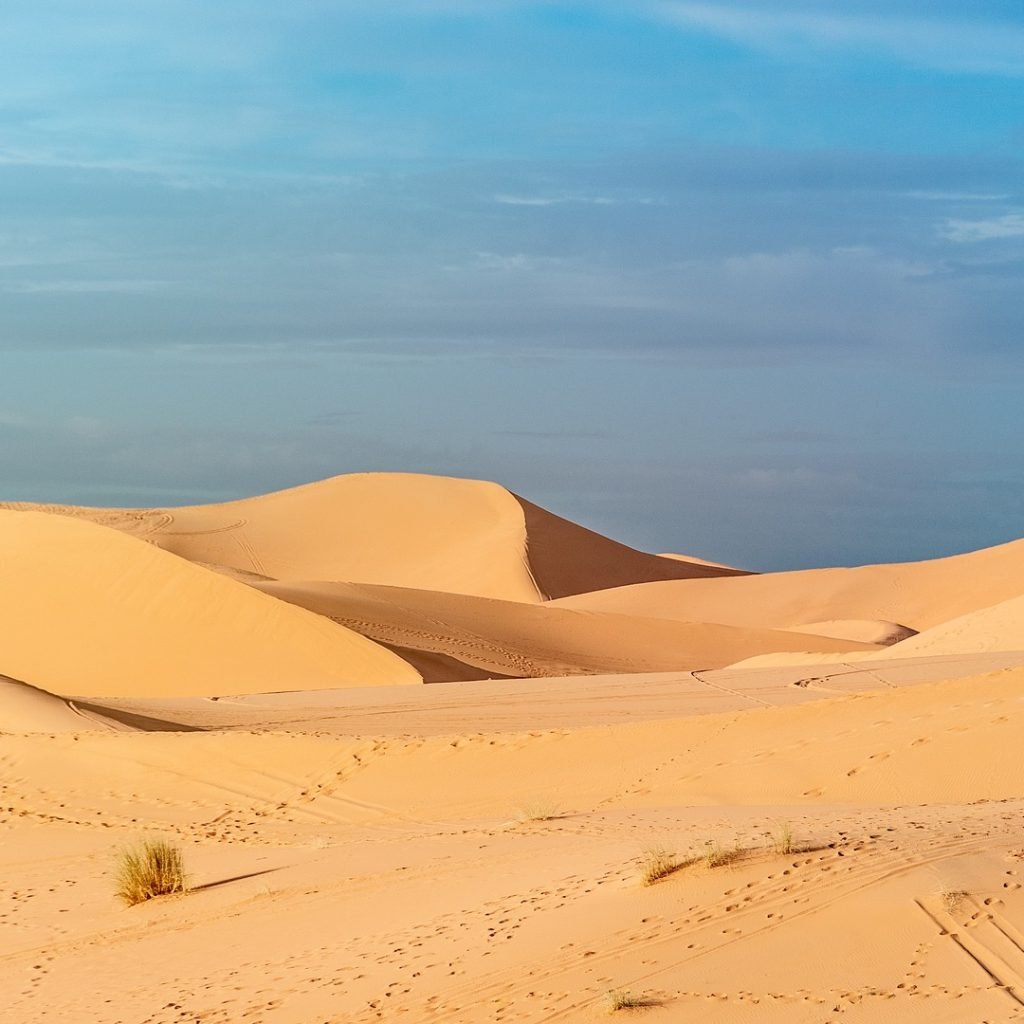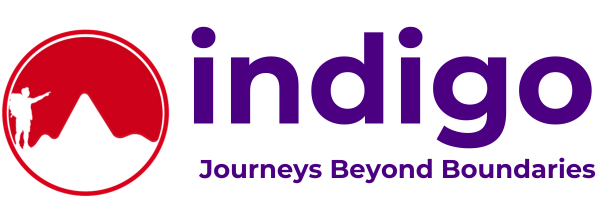There’s no place on Earth quite like Ibiza. Long known...
Read More
Morocco is a country with a rich cultural heritage, and cultural tours are a popular way for travelers to explore the country’s history, traditions, and arts. Here are some of the highlights of cultural tours in Morocco:
Architecture: Morocco’s architecture is a blend of Berber, Arab, and European styles, reflecting the country’s long history of cultural exchange. Visitors can explore historic cities like Marrakech and Fes, which are home to stunning mosques, palaces, and madrasas (Islamic schools).
Art and Craftsmanship: Morocco is known for its vibrant arts and crafts, including pottery, weaving, and jewelry-making. Visitors can tour workshops and markets to see artisans at work and purchase handmade souvenirs.
Cuisine: Moroccan cuisine is a fusion of Berber, Arab, and Mediterranean flavors, with dishes like tagine, couscous, and pastilla (a savory pastry) being popular examples. Cultural tours can include cooking classes and food tastings, allowing visitors to experience the country’s culinary traditions.
Music and Dance: Morocco has a rich musical heritage, with traditional genres like Gnawa and Chaabi being popular. Visitors can attend live performances, participate in music and dance workshops, and learn about the country’s musical traditions.
Festivals and Celebrations: Morocco is home to a range of festivals and celebrations throughout the year, including the Fes Festival of World Sacred Music and the Marrakech International Film Festival. Cultural tours can be designed around these events, allowing visitors to experience the country’s culture and traditions firsthand.
Cultural tours in Morocco offer a unique and immersive way to explore the country’s history and traditions. Whether you’re interested in architecture, arts and crafts, cuisine, music, or festivals, there are plenty of opportunities to experience Morocco’s rich cultural heritage.
Morocco’s Cultural Odyssey: Enchanting Tours Through Heritage and Tradition.
Cultural tours in Morocco are a gateway to an immersive experience steeped in history, tradition, and vibrant heritage. From the bustling medinas of ancient cities like Marrakech, Fez, and Meknes to the serene tranquility of Berber villages nestled in the Atlas Mountains, these tours offer a kaleidoscope of encounters. Explore architectural wonders like the grandeur of palaces, mosques, and UNESCO-listed sites, each narrating tales of Morocco’s rich past. Engage in local traditions, savor tantalizing cuisine, and embrace the rhythm of daily life through interactions with artisans, musicians, and hospitable locals. These tours capture the essence of Morocco, offering a deep dive into its cultural mosaic, vibrant markets, captivating landscapes, and the warmth of its people.
There’s no place on Earth quite like Ibiza. Long known...
Read MoreThere’s something deeply evocative about stepping into a Moroccan souk....
Read MoreIf you’ve ever dreamed of ticking off both Europe and...
Read MoreIf you’re dreaming of a trip that captures the essence...
Read MoreWas this page helpful?
Tell us what you found helpful. What were you looking for? (optional)
Please contact us if you want to chat, as we’re unable to respond to this feedback.
